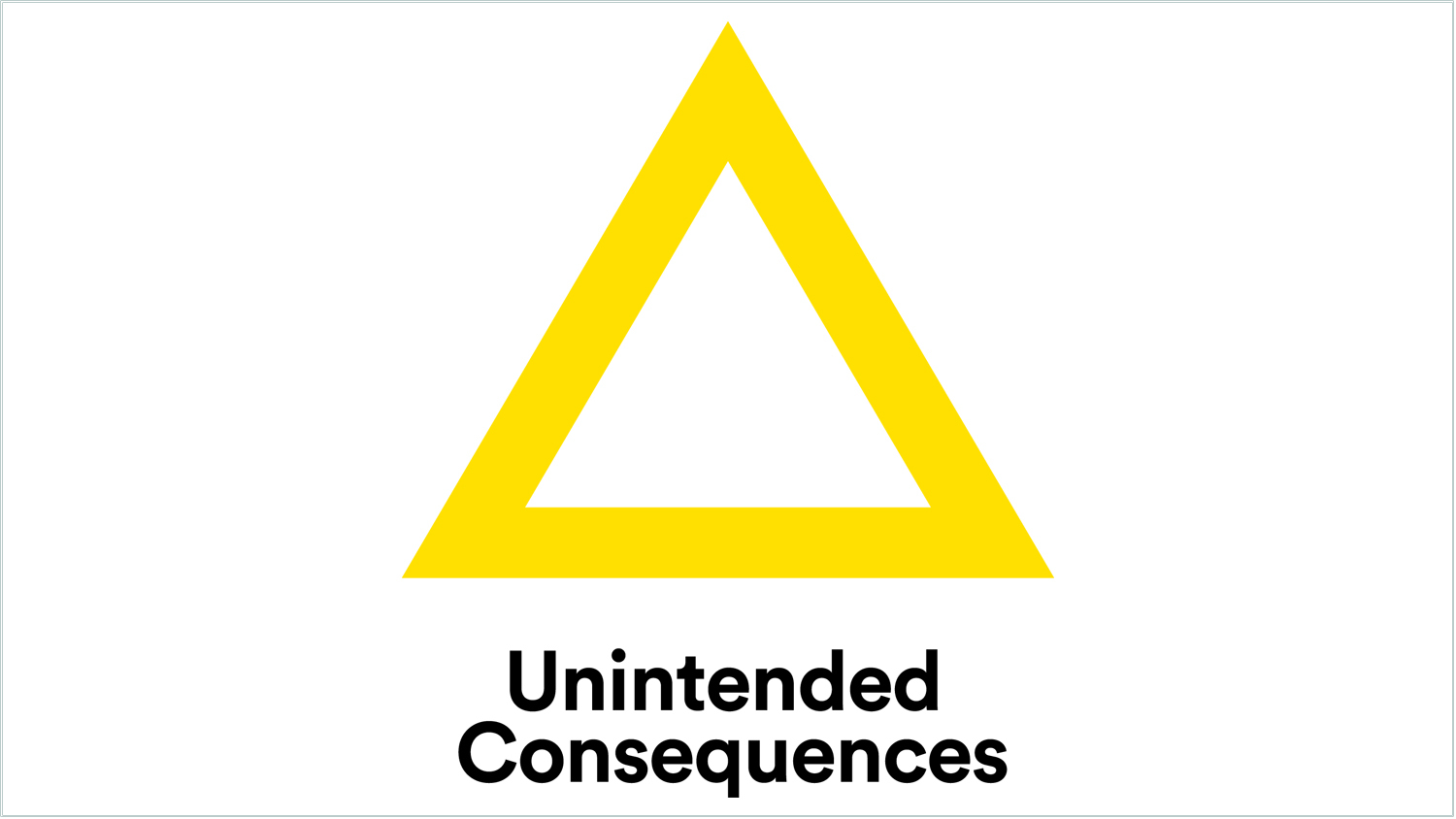Maeve Brennan and Imran Perretta were the recipients of the fifth edition of the Jerwood/FVU Awards. The project awarded £20,000 to each artist, both within the first five years of their practice, to develop significant new moving-image works.
Maeve Brennan’s Listening in the Dark gathers a series of subtle but penetrating soundings of human beings’ impact on the natural environment. While there is a growing sensitivity to the ecological damage we are causing, we can also be strangely blind to things that happen outside of our consciousness. A creature that has often fallen beneath our radar is the bat. Undisturbed, and largely unchanged, for millions of years, its nocturnal rhythms are being increasingly interrupted by the presence of wind turbines. While noting how these new (and well-intentioned) technological developments are affecting the atmosphere in ways we do not always appreciate, Brennan also illuminates how scientific research has revealed a whole sensory dimension that we were previously oblivious to.
At a time when social and geopolitical upheaval has prompted the mass displacement and migration of people across the globe, Imran Perretta’s film 15 days examines how the face of the refugee has been dehumanised, often anonymised, and frequently demonised.
The work is inspired by the time that Imran spent in Calais and Dunkirk with former inhabitants of the refugee camp that became known as the Jungle, and are now living rough in the surrounding woodland. The title of the piece is not a measure of the length of his stay there but rather the alias of one of the people who he became friends with (no one goes by their real names), and a comment on how time slips by when waiting in limbo, in the hope of a new and better life.
At a moment when world events are so volatile and turbulent that it’s hard to predict what might happen next, the two artists’ works reflect the complex, entangled nature of contemporary experience.
The artists were selected from over 170 applications by Noor Afshan Mirza, artist and co-founder of no.w.here; George Vasey, co-curator, Turner Prize 2017 and curatorial fellow at Newcastle University; Steven Bode, Director, FVU; and Sarah Williams, Head of Programme, Jerwood Visual Arts.
George Vasey comments:
"I was amazed at the quality and breadth of great applicants for this year’s Jerwood/FVU Awards and it was a very difficult decision to shortlist from the many applications. Maeve Brennan and Imran Perretta’s proposals felt rigorous, considered and prescient. Both these artists make serious art for serious times, and I’m hugely excited to see what they can do with the money and support from FVU and Jerwood Charitable Foundation at a formative moment in their careers."
Steven Bode adds:
"The shortlist for this year's Jerwood/FVU Awards was the strongest yet - a reflection of the depth of talent in this country, and of the continuing interest in the moving image. We look forward to working closely with Maeve Brennan and Imran Perretta over the coming months."
Curatorial brief: Unintended Consequences
What the hell just happened? Did anyone see that coming? 2016 offered numerous examples of how the best-laid plans can unravel, and be subject to the law of unintended consequences.
There has been much talk in recent times about the ‘wisdom of crowds’, and how the aggregation of information about people’s individual choices and behaviour will generate invaluable data that can be used to establish the greatest good for the greatest number. This may be the moment to interject an element of doubt. Once we start to have the suspicion that if shit can happen then it probably will, how can we trust that next time it will be different? And anyway, even if it were to be the case, and exercises in prediction became such a safe bet that they were, in effect, a foregone conclusion, might this state of affairs not provoke a counter reaction, whose implications are not at all easy to foresee?
Art, on the other hand, should be contrary, quixotic – hard to fathom where it comes from, hard to work out where it might lead. Arts funders may want to try to measure and manage it; may seek ‘outcomes’ and have a desire to reach an optimum number of people, but art’s magic will always be elusive. Good art will continue to move us, but the how and the why by which it does so will always be moveable too.
The world we live in has become unfeasibly complex, and our urge to find solutions often only creates, or reveals, a new set of problems. Bugs get fixed but the fixes go on to spawn new bugs. Software designed to speed up the system (or shake up the market) unwittingly causes it to crash. Well-intentioned actions frequently have unintended side effects.
As we all know by now, you don’t always get out what you put in, but the efforts you do make can bring rewards when or where you least anticipate. Accidents will happen – you may be fated to be the unlucky fall-guy of someone else’s bright idea or even end up as a victim of your own success, but not every inadvertent by-product or unexpected outturn need have unwanted repercussions or negative consequences. They can also sometimes come as a pleasant surprise!
We asked applicants to surprise us, disconcert us and disarm us with their responses to this theme.

